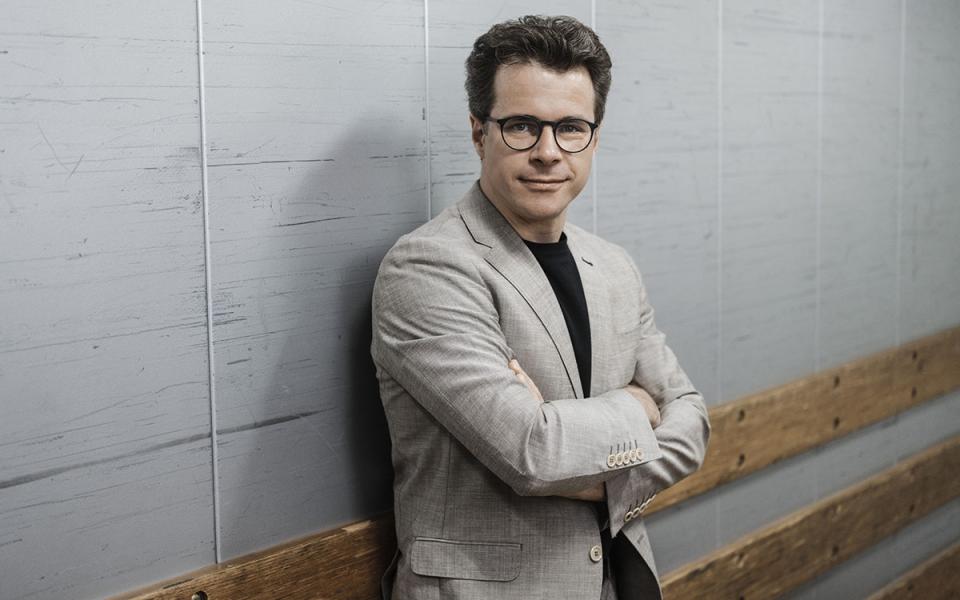Backstage pass: conductor Jakub Hrůša on Mahler’s Symphony No. 7

What draws you personally to Mahler’s Symphony No. 7?
The Seventh was one of the last of Mahler’s symphonies that I discovered as a conductor. My initiation came through the Third; later, I more or less proceeded from the First upwards, and quite early on I jumped ahead to the Ninth, which I now consider to be the closest to me, if I may put it that way.
The Seventh attracted me perhaps because of its enigmatic nature. My intention is to try to embrace its experimentalism as an integral part of its identity, and to give it a coherent sense of direction and wholeness.
At the same time, it is also the Mahler symphony that was premiered in Prague – officially by the Czech Philharmonic under Mahler’s own direction. However, as those of us who have looked into the matter more closely know, about forty percent of the players were members of the orchestra of the German Theatre in Prague, which at that time was just as vigorously active in our capital as the Czechs were. The Czech Philharmonic did not have enough personnel for such a huge work, and Mahler’s artistic affiliation made this collaboration entirely logical.
I therefore have a deeply personal connection to this piece: the Bamberg Symphony, of which I have been Chief Conductor for ten years, are the indirect descendants of that German-speaking Bohemian orchestra. Recently, I initiated a re-performance of this work on the very grounds of the Prague Exhibition Centre, with the combined forces of the Czech Philharmonic and the Bamberg Symphony. It was called United by Mahler. Despite the bad weather – it poured with rain, and the concert took place under cover but in the open air – it was a tremendous artistic and social success. We discovered how culturally close we are, despite the difference in language.
You’ve spoken about Mahler’s ability to “embrace all possible worlds of sound.” How do you approach bringing that to life with the Philharmonia?
In every imaginable way. But the main thing is our mutual trust, built over years of wonderful creative collaboration.
How does your idea of engaging with the past – not imitating it – affect how you interpret Mahler’s Seventh Symphony?
To tell the truth, I try to be authentic and not to pretend anything. I think that’s enough – after all, I myself (like all my colleagues) am a living, that is, a contemporary person, not someone from the past.
What does it mean to you to conduct Mahler 7 as part of the Philharmonia’s 80th anniversary season?
It is a great honour, and I value it deeply. Every time I have the opportunity to conduct such masterpieces, I feel privileged and happy.
What three things are you listening to at the moment?
Dvořák’s The Wild Dove, Janáček’s Taras Bulba and Britten’s Peter Grimes.
